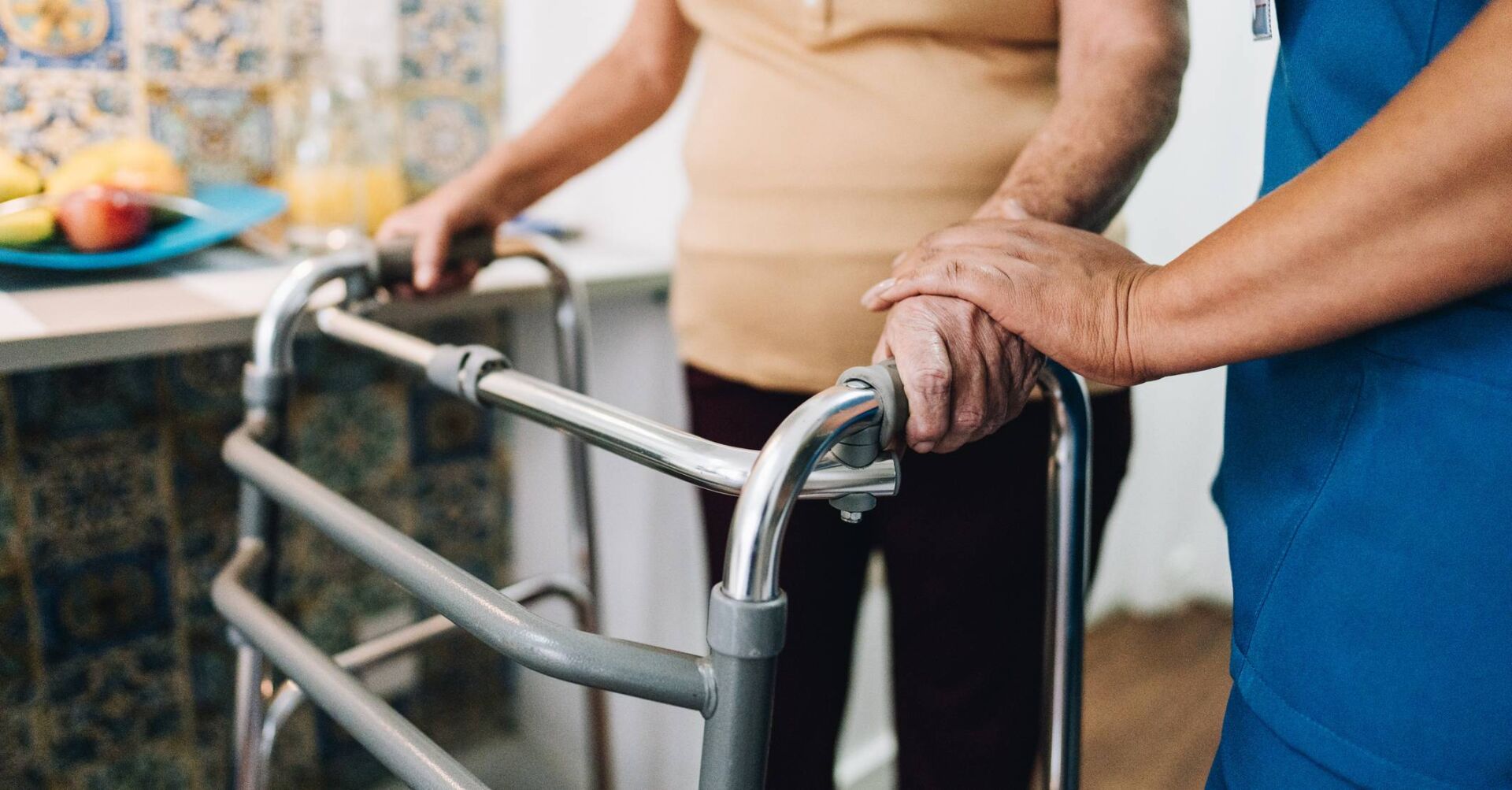Public satisfaction with general practice has fallen to a historically low level, according to new research.
Analysis of the latest British Social Attitudes (BSA) survey on the NHS reveals that public satisfaction with GP services now stands at 34%, representing the lowest level recorded in the survey’s 41-year history.
The latest figure means satisfaction with GP services has fallen 34 percentage points since 2019.
The results of the wider survey, carried out by the National Centre for Social Research in September and October 2023, show public satisfaction with the NHS as a whole has also fallen to the lowest level ever recorded.
Overall public satisfaction with how the NHS runs now stands at 24%, which represents a fall of five percentage points from the previous year.
More than half (52%) of respondents to the survey, published by The King’s Fund and the Nuffield Trust today, said they were dissatisfied with the NHS.
Nearly three quarters (71%) of those pointed to long waiting times for GP and hospital appointments as one of their top reasons for dissatisfaction.
The low levels in satisfaction for both GP services and the wider NHS contrasts with previous periods where the former bucked the overall trend.
For example, when satisfaction with the NHS overall fell in the mid-1990s – dropping to 34% in 1997 – more than 70% of respondents were nevertheless satisfied with GP services.
The latest survey also found that only 13% of the public are satisfied with social care – the lowest level since the survey began.
The top reason for dissatisfaction with social care was inadequate pay, working conditions and training for social care workers (57%), closely followed by people not getting all the social care they needed (56%) and there not being enough support for unpaid carers (49%).
Responding to the results of the survey, Professor Pat Cullen, general secretary and chief executive of the Royal College of Nursing, called for investment to improve pay and conditions and to stabilise the workforce.
‘Across the NHS and social care, nursing staff deliver the vast majority of care and there is no turning around the fortunes of either without them,’ she said. ‘The public understands this, but so must those in government.’
Professor Cullen added that ‘voters must now make the NHS and care services the central issue of the general election’.
Saffron Cordery, deputy chief executive at NHS Providers, agreed that ‘politicians must prioritise the sustainability of the NHS’.
She said that ‘sustained investment’ must be bolstered by ‘long-overdue’ reform of social care.
Ms Cordery added: ‘Social care workers need to be adequately paid, with working conditions improved, to better support the vital role they play in delivering care.’







